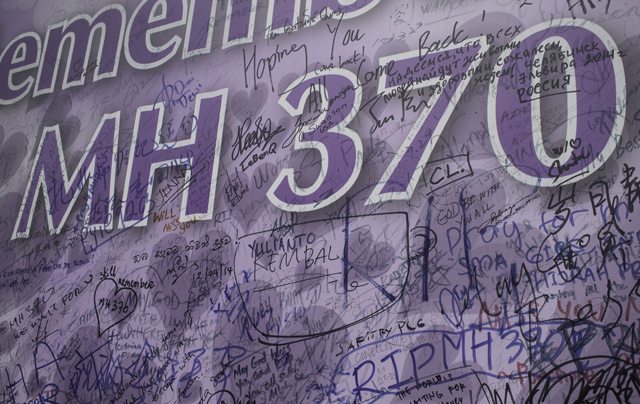Another rift in the competitive landscape between Airbus and Boeing has appeared. Airbus is ready to move forward with a deployable flight data and voice recorder system for commercial aircraft. Boeing has installed deployable recorders on at least three military aircraft fleets, but disagrees that the technology is appropriate or safe for commercial transports.
The Airbus concept involves deploying one of the two sets of flight data and cockpit voice recorders in the event of a mid-air collision or impact with the ground. The deployed unit includes a locator beacon, and is designed to float if the crash occurs in water.
The appeal of such a system is obvious. It could spare the industry the embarrassment of “losing” another aircraft. Air France flight 447 in 2009 was eventually found at the bottom of the South Atlantic, but the search was costly and took more than two years. Malaysia Airlines 370 is still missing, along with clues as to why it suddenly stopped transmitting before executing a series of seemingly purposeful manoeuvres.

Rex Features
If either the Malaysian or French airliners were equipped with a deployable flight recorder, the narrative of the search would likely be very different. The locator beacon would vector search crews within seconds to a precise spot near the impact point. The recorders could be immediately recovered and downloaded, establishing facts and knocking down rumours. In the case of the Yemenia crash in 2009, a floating locator beacon could have saved lives. Boeing, however, knows these systems intimately and has doubts. The air transport system is so safe that only a handful of aircraft have been lost to the oceans in four decades, despite hundreds of millions of flights. Deployable recorders can be wrongly activated, and statistics state that a few such incidents will happen every year, risking injuries and damage on the ground.
Deployables are certainly not the only, or even the best, answer to the problem of missing airliners. Upgrading onboard data systems to prevent tampering and enable instant reports of deviations from the flight plan is an obvious place to start. Using ADS-B to track aircraft via satellite in real-time all over the world is a more complex undertaking, but another possible step.
But deployables may have a place as one of several solutions. Although such incidents are rare, their impact in the marketplace far outweighs their statistical relevance. The aviation industry must consider all options to prevent another MH370.
Source: Flight International


























